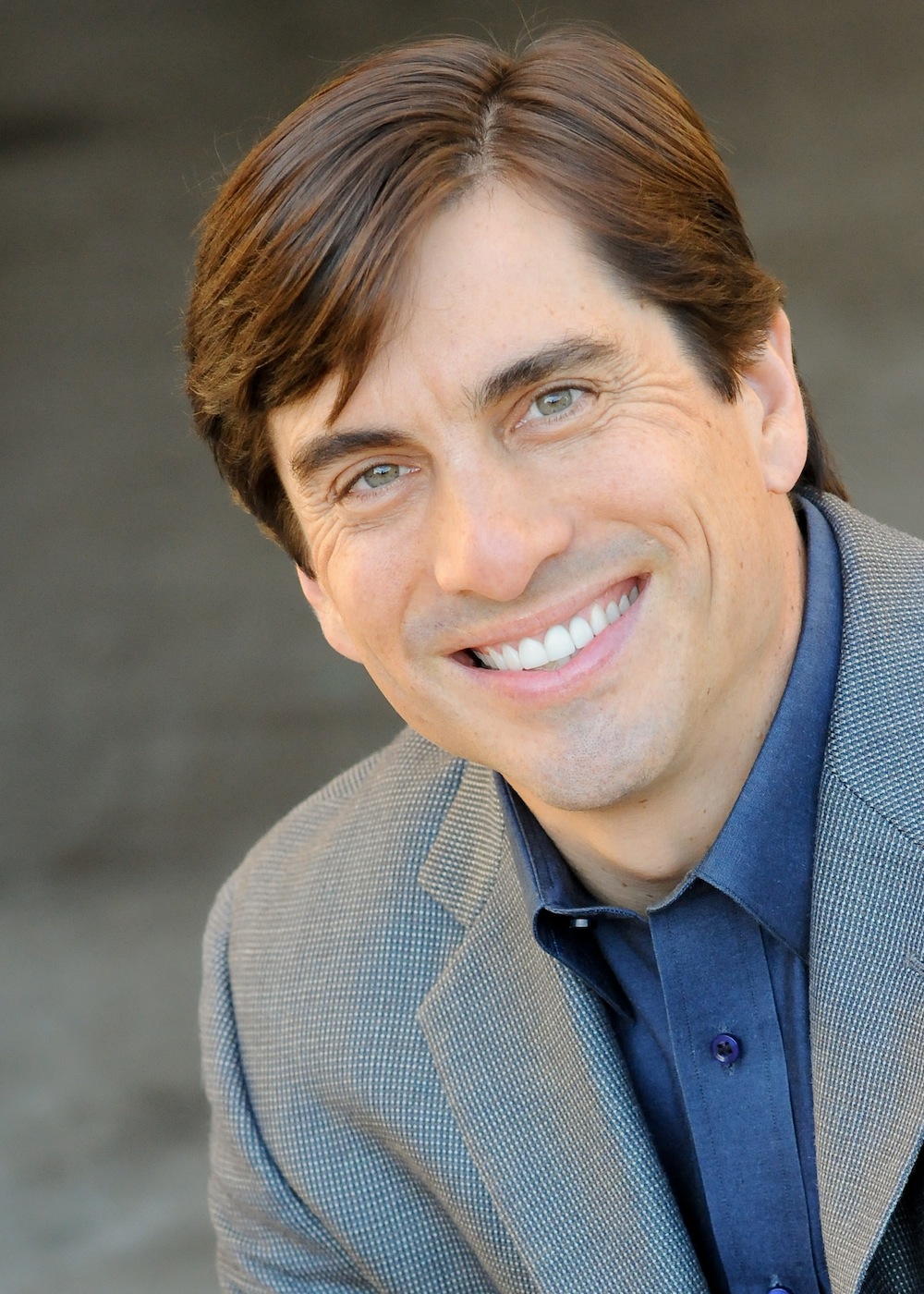 John Ryan, The Life Change NetworkChange expert, John Ryan shares more perspectives about change in this two-part interview. In Part 1, John talked with me about many things including successfully navigating and choosing the meaning of change. The conversation continues as he shares more insights with us. Before we begin, here’s some background about John.
John Ryan, The Life Change NetworkChange expert, John Ryan shares more perspectives about change in this two-part interview. In Part 1, John talked with me about many things including successfully navigating and choosing the meaning of change. The conversation continues as he shares more insights with us. Before we begin, here’s some background about John.
John Ryan, MBA, MSW, PhD is the co-founder of The Life Change Network and creator of The 7% Solution. He is a professional speaker who provides consulting and coaching to individuals and organizations throughout the world. You can connect with him on Twitter, Facebook or his website.
Linda: What has been your biggest personal challenge around change?
John: The biggest challenge for me in relation to change also happens to be a challenge that I believe most of us struggle with and that is identifying what we need to change, when we should change it, and how should we change it.
When we do anything in life, we do the best we can with what we have. And so if we’re not producing the results we want, what we’re doing is not good enough. But how do you know what to change, when to change it, and how to change it?
Those questions are huge. And if we don’t know the answers to those questions, we don’t change. We simply keep doing the same thing over and over hoping for a different result, which of course, never comes.
And this is why it is so crucial to have a coach. All top performers have coaches and mentors, someone to give them feedback. It is hard to give yourself feedback because we can’t see things the same way an outside observer does because we’re too close.
With all the education and training that I’ve been through, I can tell you that the biggest return on investment has always been from my coaches. I can look at success in different areas of my life and attribute it to the coaches that I’ve worked with because the results from coaching are that immediate and profound.
And the reason coaching is so effective is because coaches help you identify what to change, when to change it, and how to change it. And those three issues relate back to what we talked about in Part 1: strategy, desire, and resources. The strategy is the what, the desire affects when, and the resources are the how.
If you start a business and you’ve never started a business before, it makes sense to find someone who has been through that process successfully. What was their blueprint? What was their strategy? Learn from their experience and you can accelerate your results.
“Learn from the mistakes of others. You can’t live long enough to make them all yourself.”
- Eleanor Roosevelt
This really is the core of The 7% Solution which is what I teach through my training and coaching. What is it that the top 7% of performers do that the bottom 93% don’t? What is the difference that makes the difference?
When to change is really controlled by our desire. As you mentioned, people can either embrace change or fear it. And to some degree, we all have a little of both inside of us.
And this conflict creates hesitation. So we put off following our dreams, we put off going for it 100%. A good coach will assist you in resolving that conflict so that we get out of our own way and start laying the foundation for success.
How to make a change is largely impacted by your resources too. I’m not just referring to money, although that certainly can help. A resource is anything that can assist you in accomplishing a goal.
Having someone to bounce ideas off of can be a resource. Experience is a resource. Coaches are a resource. And coaches assist you not only in making changes but also hold you accountable for those changes so that you stay the course and don’t get sucked back into the old habits that were not producing the results.
So the biggest challenge around change is knowing what to change, when to change it, and how to change it. And although I’m constantly working on developing my own awareness of what’s working and what’s not working, I typically use coaches, and I have a few in several areas of my life, to give me the feedback that I need.
Linda: What is the most surprising discovery about change?
John: The most surprising discovery about change is that it doesn’t have to be hard. We make it hard. We hold onto our beliefs, we hold onto our behaviors because they have worked for us in the past. And since they worked in the past, we’re confident that they’ll work for us in the future.
Unfortunately, the present and the future are different from the past. So what worked then is not necessarily going to work now. Again, why we resist the change is because of the security issue. We do XYZ to be successful, it works, and we think to ourselves, “Yes, I’ve got it figured out.” And then we hold onto that pattern for as long as we can.
If we can begin to let go of the safety of the past and understand that the only safety is the ability to adapt to the present, then we truly can find safety and security in the notion that we can adapt to and overcome anything.
Linda: Is there anything you’d like to share about change that I haven’t asked?
John: One thing that I always want the people I work with to know is that we have two choices in life. We can either be at cause or we can be at effect.
Being at cause means that you are responsible for your life. Being at effect means that you are not responsible for your life and that everything that happens to you is out of your control. That’s it. Those are the two choices we have.
And where we choose to fall has a big impact on the results we produce and our overall quality of life. Let’s say you are planning a big company outing that is going to be outdoors to celebrate your employees. The forecast is calling for rain. What do you do?
Well, you could shake your fists at the heavens and cancel the event which is being at effect or you could get a large tent, buy a bunch of ponchos, or move it indoors which are examples of being at cause. We can’t control the weather but we can control our response to it.
Or if we really want to have some fun, perhaps you could get a really big slip-n-slide! Think about it, when was the last time you jumped into a puddle? Did you ever do that when you were little? Back then rain was fun. But now, rain makes you wet and cold, messes up your hair, etc.
And that’s really what we get to do in life. We have two choices. We can run from the rain or we can jump in the puddle and splash around.
Thank you, John for your invaluable thoughts about change. I invite all of you to join us as we continue the conversation about change. What are your thoughts or questions about change?







